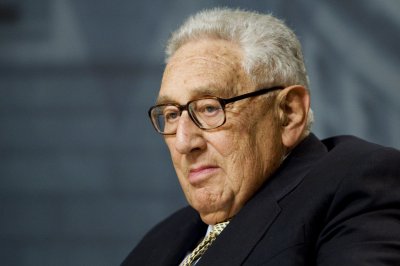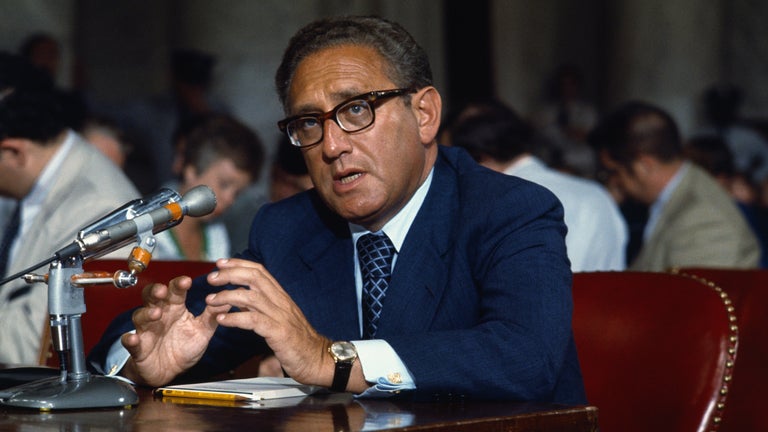
Early life and education:
Born in Germany on May 27, 1923, Henry Kissinger lived through the rise of Adolf Hitler’s regime. His Jewish family fled Nazi persecution and immigrated to the United States in 1938. After settling in New York City, Kissinger worked hard to adapt to his new surroundings and pursued his education with enthusiasm.
He attended George Washington High School and later attended the City College of New York, where he displayed keen intelligence and a passion for learning. After graduating in 1950, Kissinger continued his academic journey at Harvard University, where he earned both bachelor’s and master’s degrees in government and international affairs. His academic skills and analytical mind laid the foundation for his future career in politics and diplomacy.
Rising to prominence:
Kissinger’s career in public service began to take shape in the late 1950s. He became a professor at Harvard and gained recognition for his expertise in foreign policy and international relations. His scholarly contributions led to various advisory roles in government circles, where his insights and advice were highly valued.
In 1969, President Richard Nixon appointed Kissinger as National Security Advisor, a significant moment in his career. Kissinger soon became a key figure in shaping American foreign policy during this tumultuous period, particularly focusing on diplomacy with China and reducing tensions with the Soviet Union. His efforts culminated in the unprecedented policy of détente, aimed at reducing Cold War hostilities and promoting dialogue between nations.
Secretary of State and global influence:
Henry Kissinger’s influence increased further when he assumed the role of Secretary of State in 1973 and served under both Presidents Nixon and Gerald Ford. As Secretary of State, he played a key role in negotiating an end to the Vietnam War, despite controversies and mixed public opinion.
Kissinger’s diplomatic efforts extended beyond Vietnam. He engaged in shuttle diplomacy in the Middle East, attempting to establish peace between Arab countries and Israel after the Yom Kippur War. Their talks resulted in ceasefire agreements, although lasting peace remained in the region.
Legacy and continuing impact:
Beyond his official roles in government, Kissinger’s legacy is characterized by his realpolitik approach to international relations. He advocated pragmatism and a nuanced understanding of power dynamics between nations, emphasizing stability and balance in global affairs.
Critics and supporters alike acknowledge Kissinger’s complex legacy. While he is known for his diplomatic initiatives and strategic thinking, he has also faced criticism for his involvement in controversial policies, including in Chile, Cambodia, and human rights violations.
As news of Henry Kissinger’s death spread around the world, tributes poured in acknowledging his contributions to diplomacy and global politics. His writings, speeches, and actions shape the discussion on foreign policy, providing lessons and insights for current and future world leaders.
in conclusion:
The death of Henry Kissinger at the age of 100 marks the end of an era in American politics and international diplomacy. Her journey from a refugee fleeing persecution to becoming an important figure on the world stage is a testament to resilience, intelligence and dedication.
Despite differing opinions on his policies and actions, Henry Kissinger’s influence on global politics is undeniable. His legacy inspires consideration of the complexities of diplomacy, the pursuit of peace, and the complex nature of international relations. As the world bids farewell to this influential statesman, his contributions will remain in the annals of history, continuing to shape conversations and strategies in the field of global affairs.








Leave a Reply